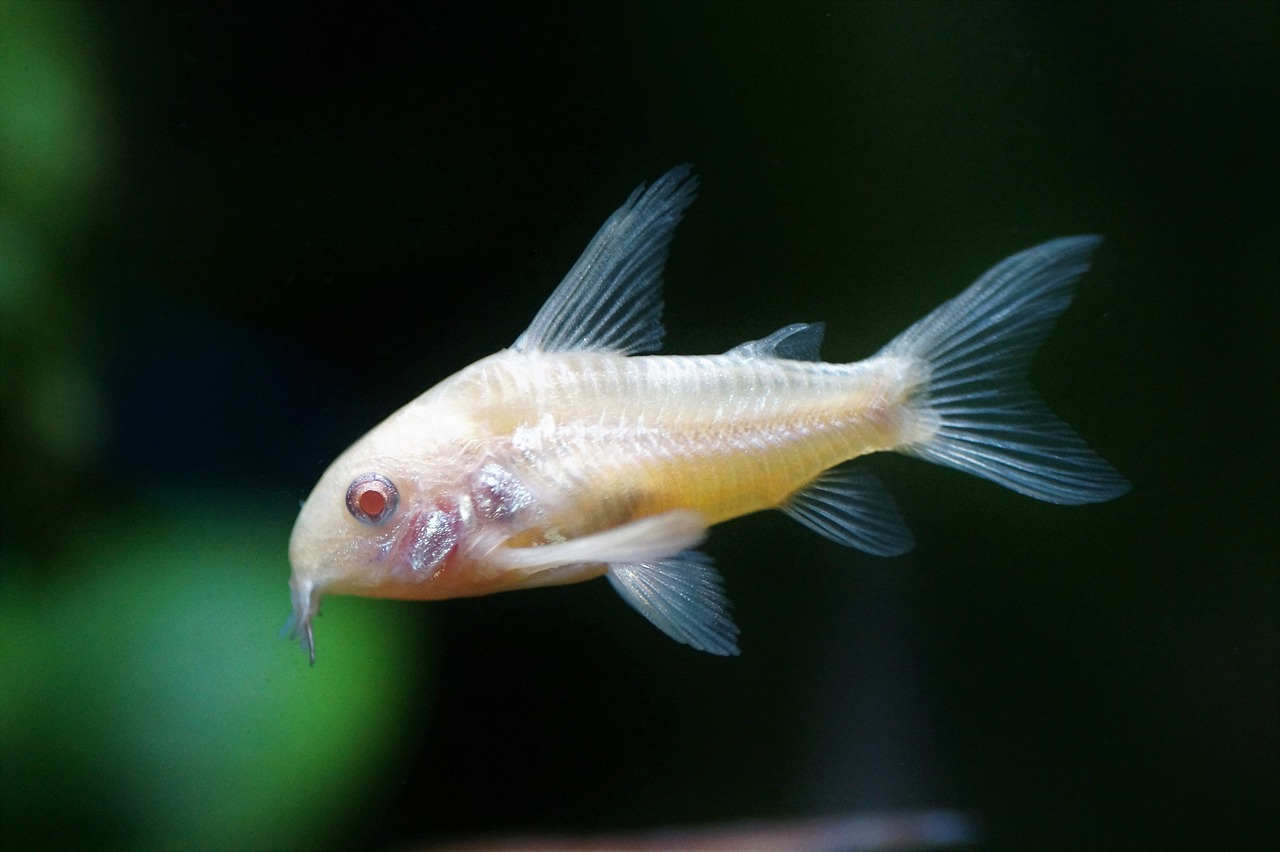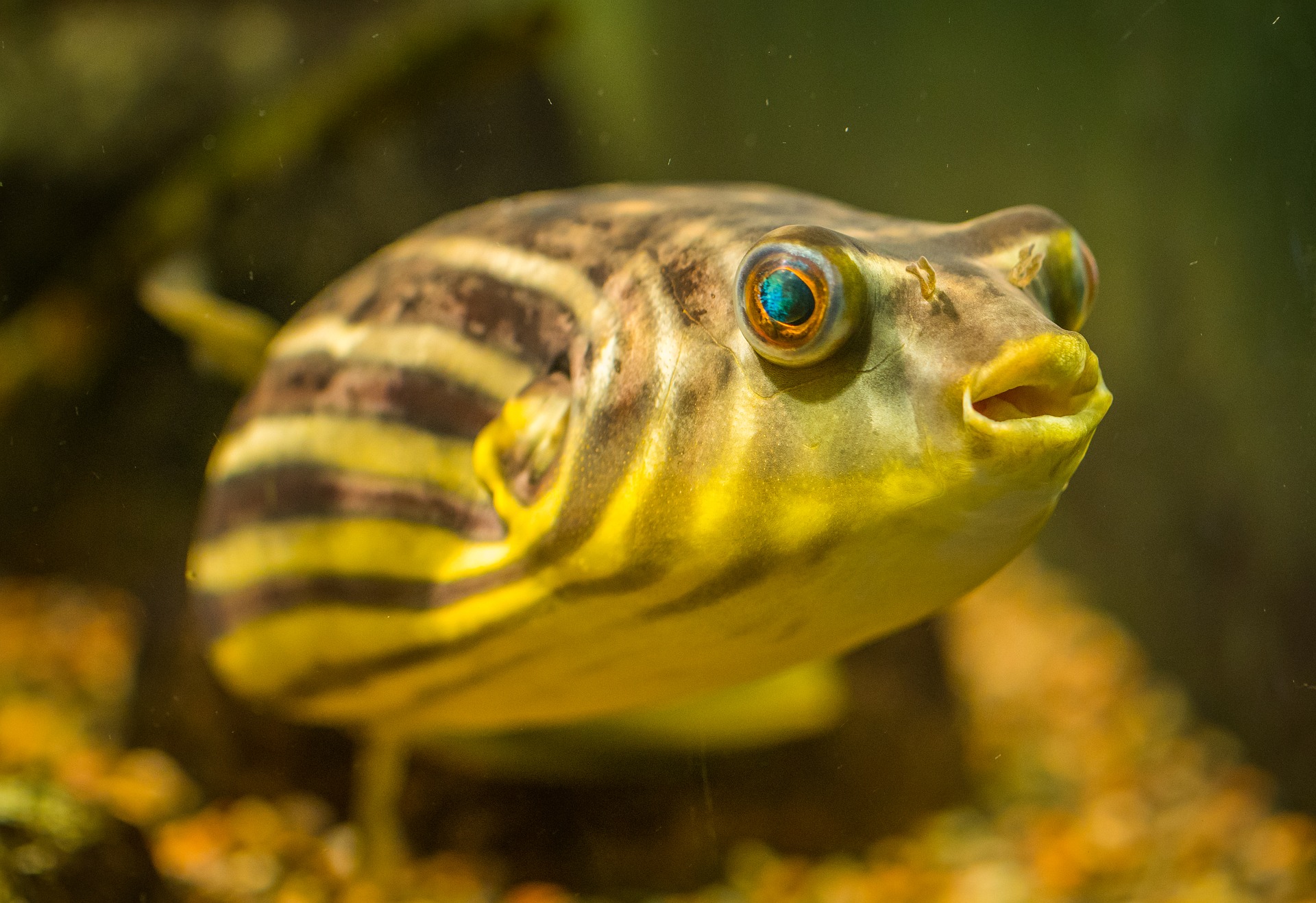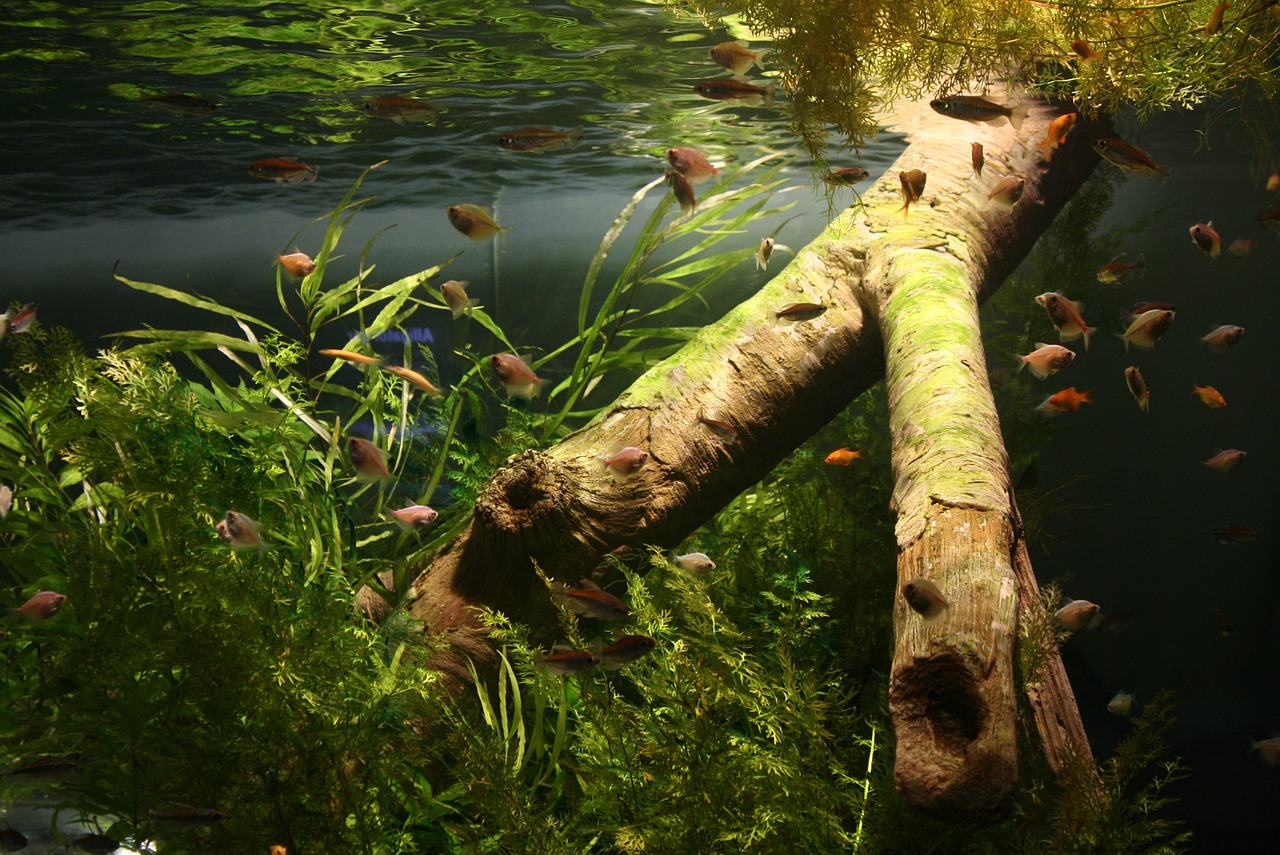As the seasons change, so should your aquarium care routine. Whether you’re a seasoned aquarist or just dipping your toes into the world of fishkeeping, understanding how to adapt to the seasonal shifts can help ensure the health and happiness of your aquatic pets. Here’s a beginner-friendly guide to keep your tank thriving all year round.

Spring: A Fresh Start
Spring is a time of renewal, and your aquarium can benefit from a bit of spring cleaning too. As temperatures start to rise, your fish may become more active, and it’s a great time to perform a thorough cleaning of your tank. Here’s how to get started:
- Deep Clean: Remove and clean decorations, vacuum the substrate, and perform a partial water change to freshen up your tank.
- Check Equipment: Ensure your heater and filter are working correctly. Clean or replace filter media if necessary.
- Monitor Water Parameters: With changing temperatures, keeping an eye on water parameters is crucial. Test for pH, ammonia, nitrite, and nitrate levels.
- Adjust Feeding: As fish metabolism increases, you may need to adjust feeding routines. Offer a varied diet to support their health.
Summer: Staying Cool
Summer heat can pose a challenge for aquariums, especially if you don’t have air conditioning. Here are some tips to keep your fish cool:
- Temperature Control: Monitor tank temperature closely. Ideal ranges vary by species, but generally, aim for 75-80°F. Use a fan or an aquarium chiller if necessary.
- Regular Water Changes: More frequent water changes can help manage rising temperatures and keep water quality high.
- Aeration: Increased aeration can help maintain oxygen levels in warmer water. Consider adding an air stone or increasing surface agitation.
- Avoid Overfeeding: Warmer water can speed up metabolism, but it can also reduce oxygen levels. Feed smaller amounts to prevent waste buildup and oxygen depletion.
Fall: Preparing for Winter
As temperatures drop, it’s time to prepare your aquarium for the colder months:
- Heater Maintenance: Check your heater’s functionality and consider having a backup heater on hand.
- Stable Temperature: Ensure your aquarium maintains a stable temperature. Sudden drops can stress your fish and lead to illness.
- Reduce Light Duration: With shorter days, consider reducing the amount of light your tank receives to mimic natural conditions.
- Health Check: Inspect your fish for signs of illness and ensure they are in good health before winter. Healthy fish are more resilient to seasonal changes.
Winter: Keeping Warm
Winter can bring its own set of challenges, but with the right care, your aquarium can remain a vibrant underwater world:
- Insulate Your Tank: If your home gets particularly cold, consider insulating your aquarium with a background or placing it in a warmer room.
- Monitor Heater: Keep an eye on your heater’s performance and maintain a consistent temperature.
- Light and Feeding: Fish metabolism slows in colder months. Reduce feeding slightly and adjust light duration to mimic the natural environment.
- Water Quality: Perform regular water changes to maintain water quality, as indoor heating can reduce humidity and affect water evaporation rates.
General Tips for All Seasons
- Consistent Routine: Regular maintenance is key. Stick to a schedule for water changes, cleaning, and monitoring.
- Observation: Pay attention to your fish’s behavior. Changes can indicate stress or illness, prompting timely interventions.
- Education: Stay informed. Join local aquarist groups or online forums to share experiences and learn from others.
By adjusting your aquarium care routine with the changing seasons, you can create a stable and healthy environment for your aquatic friends. Happy fishkeeping!


